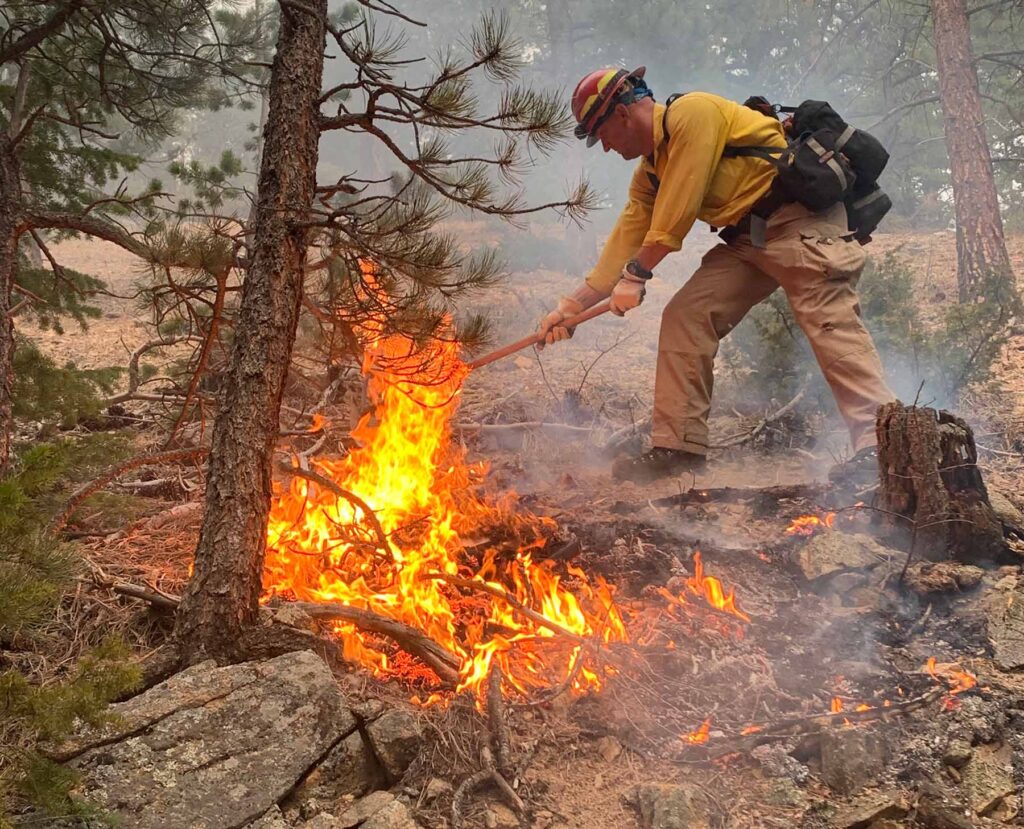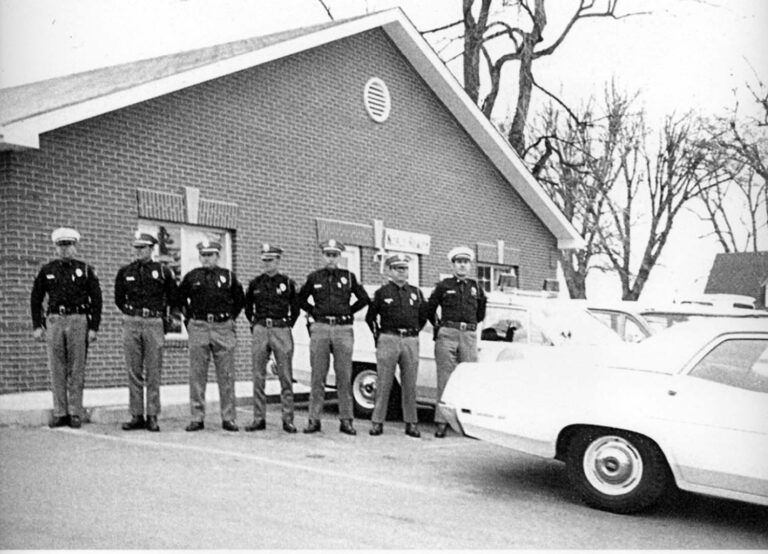After a record-setting wildfire season in Colorado in 2020, this year is proving to be just as challenging for many western states. California, Washington, Oregon, Idaho and Montana have seen more than 100 fires since the beginning of summer. More than 2.2 million acres have burned, and more than 1,200 structures have been lost.
According to the National Interagency Fire Center (NIFC), more than 12,000 firefighters have been deployed throughout the country. On some of the larger fires, requests for resources, like crews and apparatus, have been returned as “unable to fill” or UTF because so many fires are happening at the same time. And with that draw on the system, in August, firefighters heading out on deployment were being warned to bring enough food and water to be self-sufficient for three days, as supply chains in several areas were experiencing problems.
Like many fire agencies, West Metro Fire Rescue has a group of firefighters trained in wildland fire that routinely deploys to assist on incidents in other districts and in other states. This year, West Metro crews have worked on fires in California, Washington, Montana and Colorado. The assignments not only provide valuable experience for firefighters but give a helping hand to other communities in time of need. “We’re always ready to help where we can,” said Captain Brendan Finnegan, West Metro’s Wildland Coordinator. “And in return, we know that if West Metro has a large incident where we need outside resources, the national system will assist in finding firefighters and fire engines from across the country.”
When a crew takes an assignment, they work for 14 straight days. Typically, the days are 16 hours long and “home” is a tent in a fire camp. Crews are required to bring all the personal items they need for two weeks – clothing, protective equipment and their own tent, in one bag, typically called a “red” bag. When crews receive their orders, they know they’re headed to a fire, but that is sometimes all they know. “Once crews arrive, depending on need, they can spend their entire two weeks directly on the fire line,” said Finnegan. “Or they can be assigned to structure protection or the night shift, where they might be patrolling the edge of the fire, watching for any extension over the fire line.”
The opportunity to deploy gives firefighters a wide range of experience in a short amount of time. Experience that they can draw on once they get back home. “No matter where they go, crews learn lessons about fire behavior, firefighting methods or incident strategy,” said Finnegan. “We can put that information to use to fight fires in our own district.”
Ronda Scholting is Public Information Officer for West Metro Fire Rescue.






